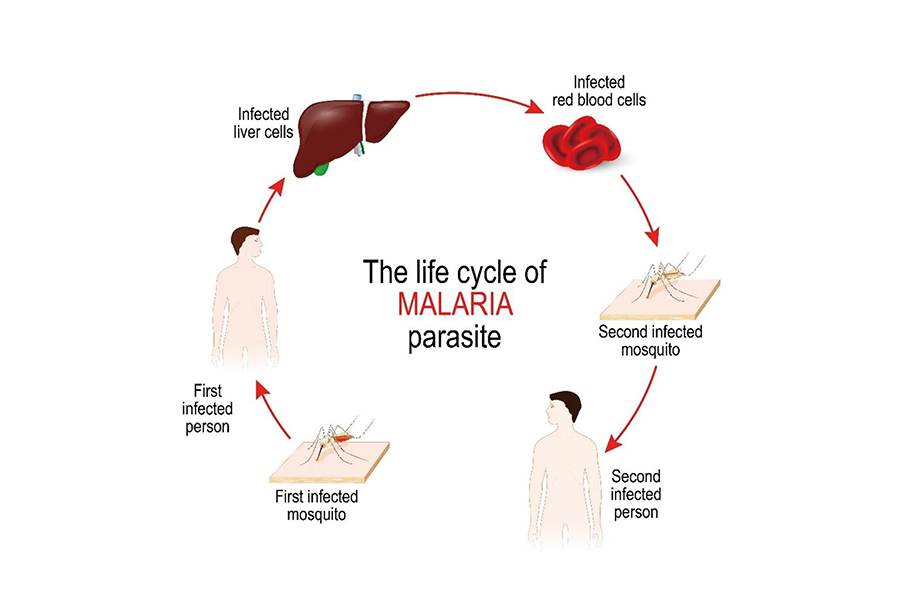Macau has recorded this year’s second imported case of malaria, the Health Bureau (SSM) announced in a statement yesterday.
According to the statement, the patient is a 40-year-old man from the mainland who works in Nigeria. On January 24, the patient returned to the mainland and subsequently developed symptoms including fever, diarrhoea, and abdominal pain. After self-medicating, the symptoms alleviated.
On Thursday, he experienced fever again and sought medical care in the mainland. He entered Macau on Monday, despite continuing to experience symptoms, leading him to seek treatment at the emergency department of the public Conde de São Januário Hospital Centre, where he was diagnosed with malaria and hospitalised for further treatment.
When the statement was released yesterday afternoon, the patient’s condition was stable, and the family members travelling with him had not developed similar symptoms. This is the second imported malaria case reported in Macau this year.
Malaria is a serious and sometimes fatal communicable disease caused by a group of malaria parasites, scientifically known as Plasmodium, the statement noted.
Malaria is transmitted to humans through the bites of infected female Anopheles mosquitoes, and while it cannot be spread directly between people, it can be transmitted through contaminated blood, organ transplants, shared needles, or from mother to child during pregnancy or childbirth, the statement said.
The statement also noted that the incubation period for different malaria parasites varies, typically ranging from 7 to 30 days after a mosquito bite, but in some cases, the incubation period can extend for months. Symptoms include intermittent fever, chills, sweating, headaches, fatigue, and muscle pain, with severe complications potentially leading to anaemia, organ failure, seizures, confusion, and death if not treated promptly.

Image courtesy of Horiba








